"We were the first..."
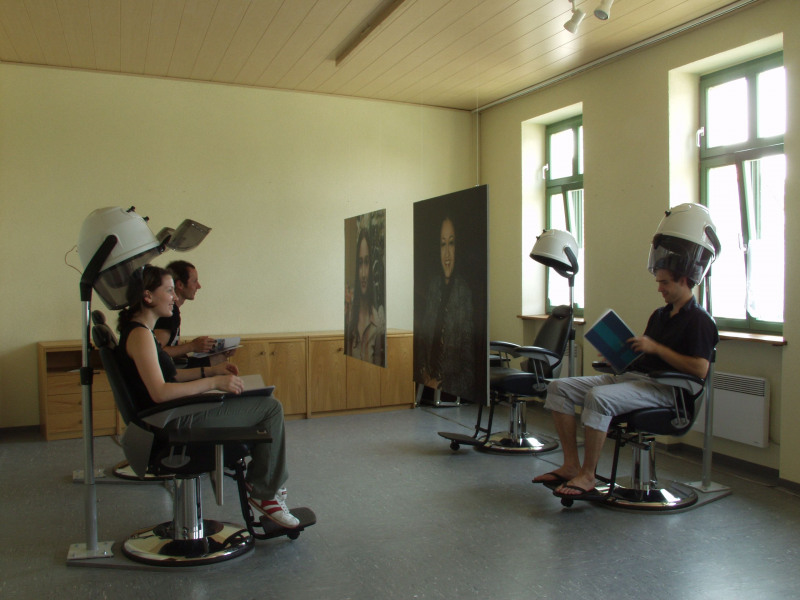
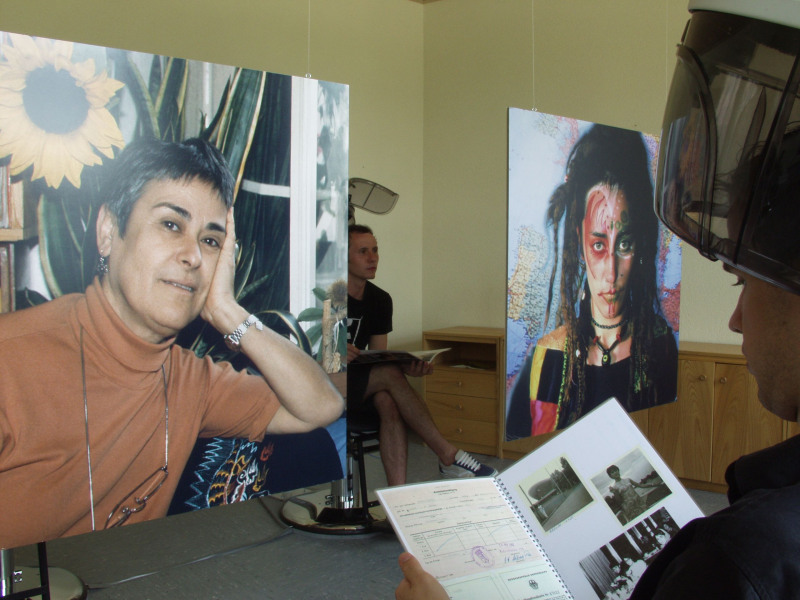
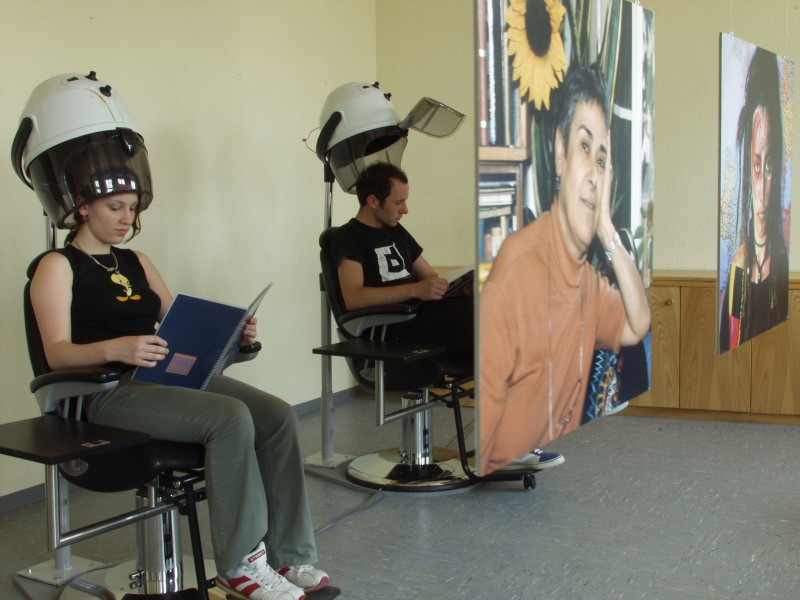
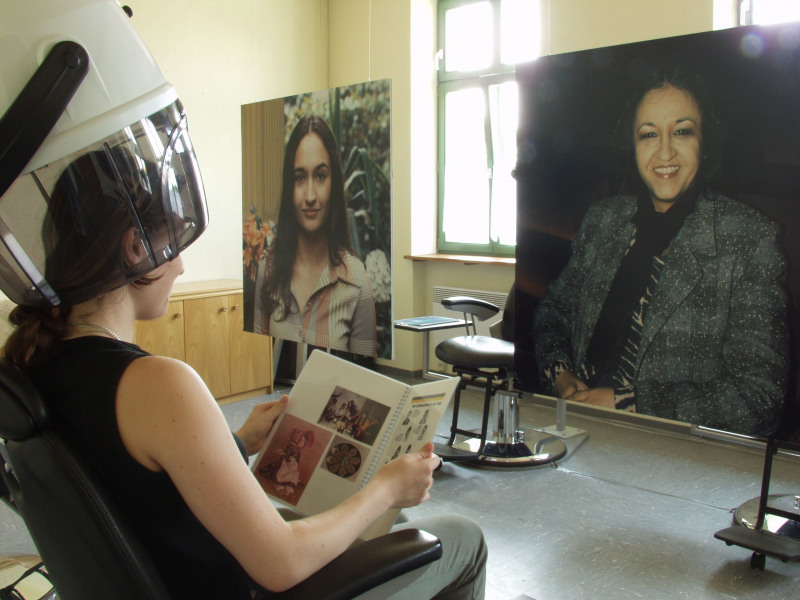
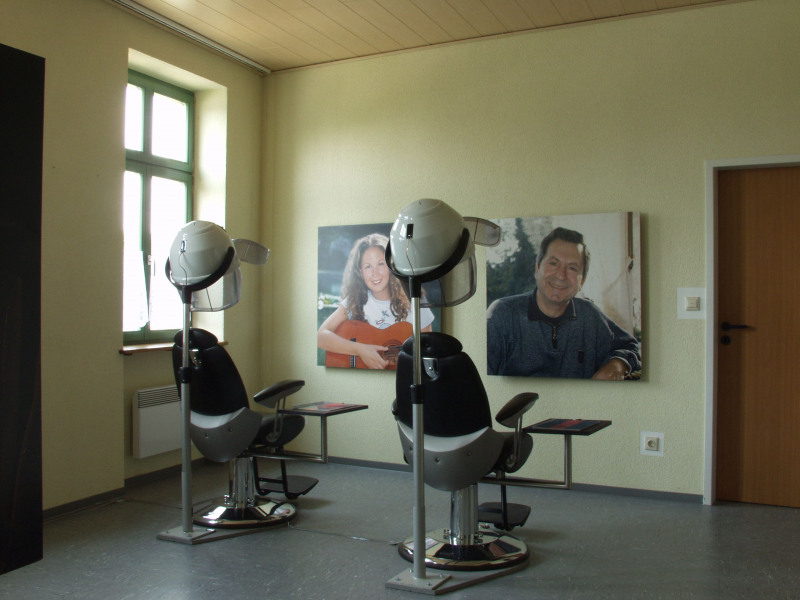
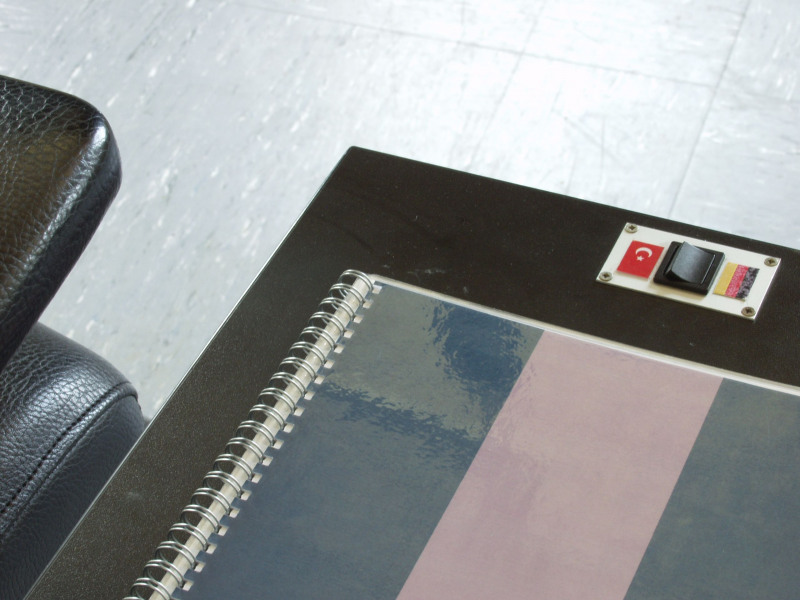
They came by train from Istanbul to Berlin via Munich in 1964: young people from Turkey, recruited by berlin companies specializing in manufacturing electrical and precision engineering goods. They were to assemble televisions, put together telephones, and, above all, do piecework on the assembly line. They made good on the lack of labour in West Berlin after the Wall was built: Filiz Yüreklik worked for Telefunken; Yildiray Ilktac first went from Izmir to Baden-Württemberg, until he saw the poster “Your Chance: Berlin” with the portrait of Willy Brandt at the job centre, and took it to mean him; Zuhal Özver completed a course at the Berlin College of the Arts, became an interpreter and adviser for a bank, and in 1974 founded the first Turkish cinema in Berlin with her husband. What desires and dreams did they all have when they came to Berlin? Were they driven by necessity or curiosity? Whom did they leave behind? How did they manage in the new situation? How do they feel looking back on their life after almost 40 years? The Kreuzberg Museum and the Kotti Association looked for answers to these questions as part of an exhibition project that not only recorded the experiences of the first migrants, but also those of their children, of the “second generation,” who were mostly born in Germany. The installation “Hairdressing Chairs” shows a part of this project: sitting under the hairdryers, one hears Turkish people with a migrant background talking about their life in Germany, in German or Turkish as desired. There are large portraits hanging in front of the chairs instead of mirrors and, instead of the ”We were the First” obligatory magazines found in hairdressing salons, visitors can leaf through the private photo albums of the interviewers.
Installation with 6 hairdressing chairs, 6 large photographs and 6 minidisc players. Interviews with first and second-generation Turkish migrants. Venue: Heimatverein Tornitz.
Idea and concept: Kreuzberg Museum Berlin. Realisation: Helga Lieser (Design) and Isabella Scheel (portrait photography). Interviews: Martin Düspohl and Kamil Akgün. Hairdressing chairs: Expo 2000 Hanover.